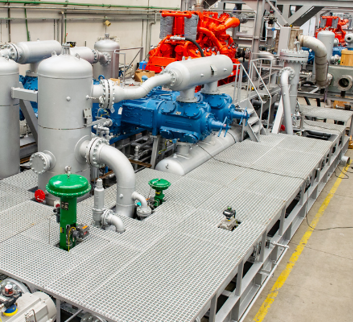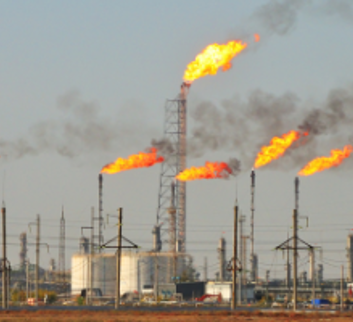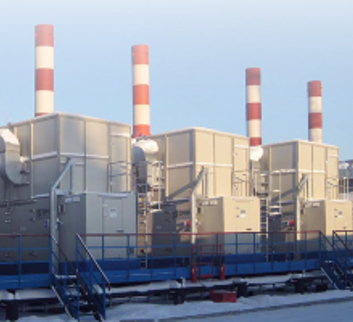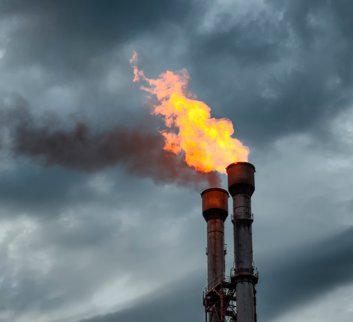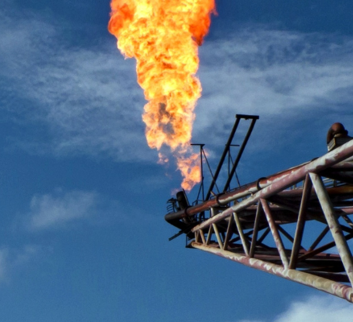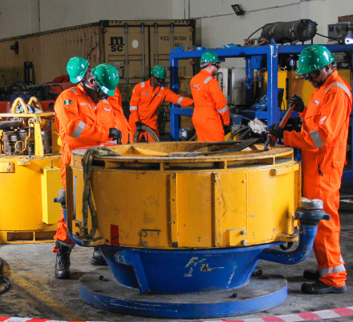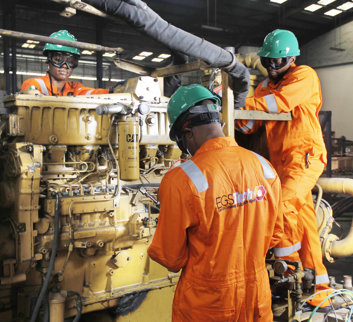
Discover the latest innovations in gas-powered equipment to maximise the utilisation of flared or stranded gases.
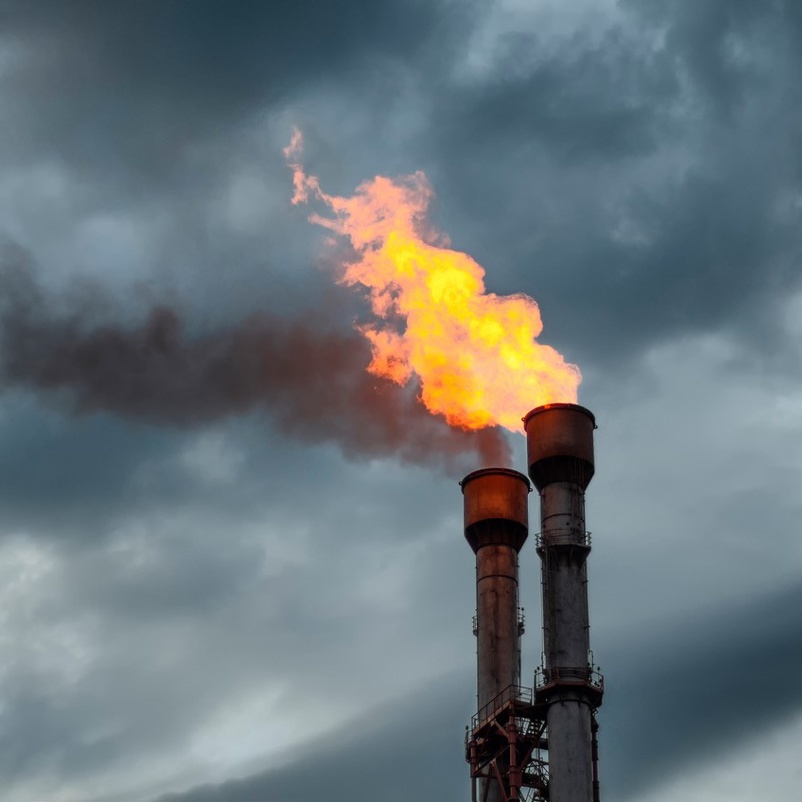
Turn your waste gas into power
ScanTech Offshore can help you generate power from Associated Petroleum Gas (APG) which will reduce your carbon footprint and can be used for your own needs to reduce your operating costs or to monetise waste gas stream opportunities when sold to a third party.
What is gas flaring?
Gas flaring is the burning of natural gas associated with oil extraction. The 160-year-old industry practice of wastefully burning - as opposed to using or conserving - associated gas is a by-product of oil production which takes place due to a range of issues, from market, technical and economic constraints, to a lack of appropriate regulation and political will. Flaring is a waste of valuable natural resources that should be conserved or used for productive purposes, such as generating power.
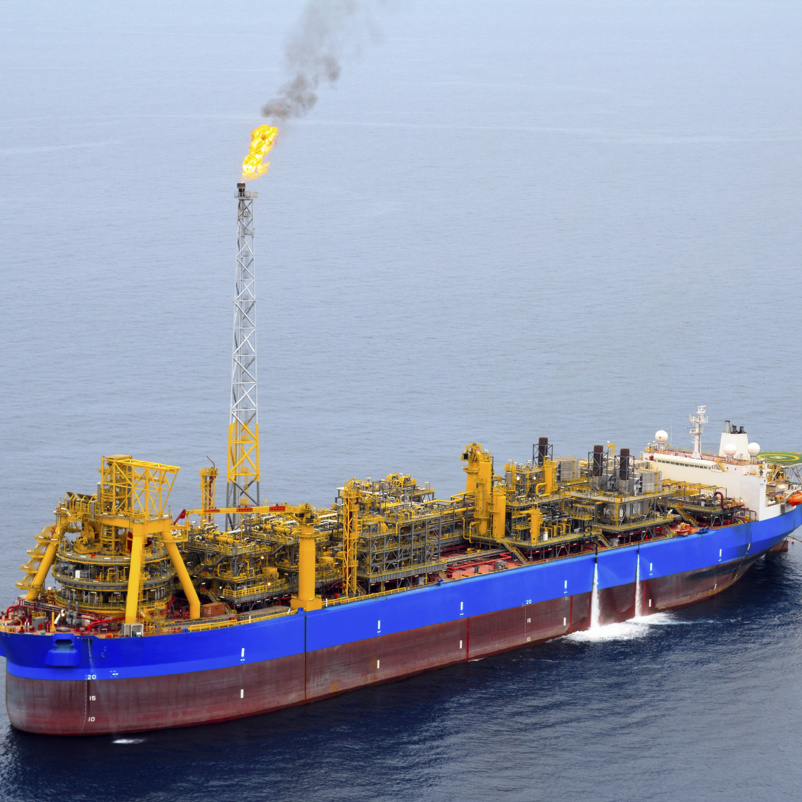
What are the environmental impacts of gas flaring?
Launched in 2015, the Zero Routine Flaring by 2030 (ZRF) initiative commits governments and oil companies, to end routine flaring no later than 2030. The initiative is designed to facilitate cooperation between all stakeholders so that solutions to ending routine gas flaring can be identified and implemented.
The flaring of gas contributes to climate change and impacts the environment through the emission of CO2, black carbon and other pollutants. It wastes a valuable energy resource that could be used to advance the sustainable development of producing countries. According to the Intergovernmental Panel on Climate Change, methane is over 80 times more powerful than carbon dioxide as a warming gas in a 20-year timeframe.
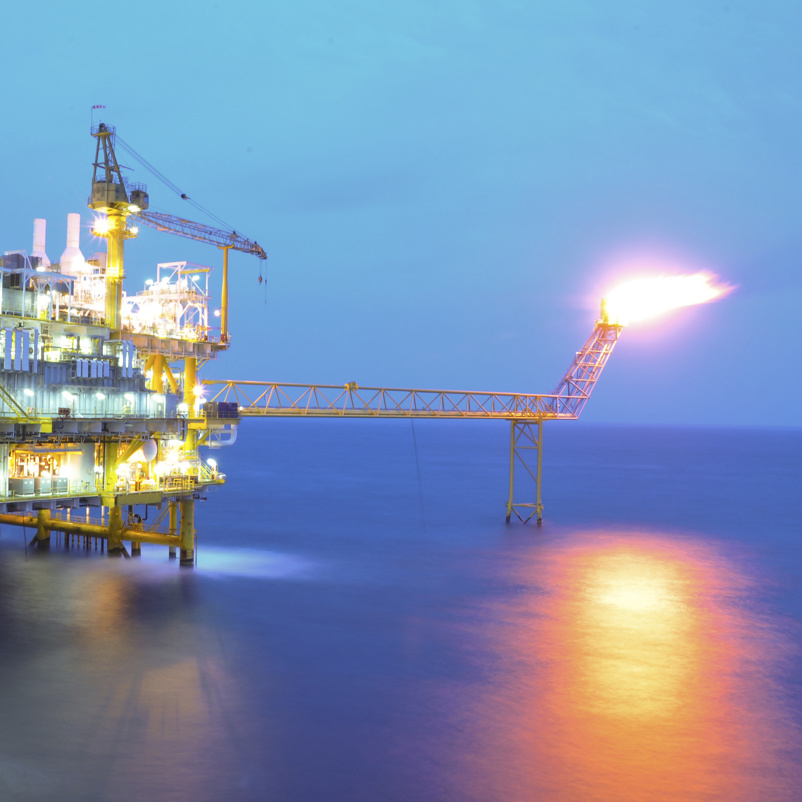
How can we reduce the amount of gas being flared?
Oil producers face significant challenges capturing, storing, transporting, and distributing associated gas, and the cost of ending all routine flaring could be as much as $100 billion. Oil operators can reinject associated gas back into the ground or build the infrastructure needed to capture, store, and transport the associated gas to market. Meanwhile, governments can put in place effective regulations and policies to incentivise and encourage gas flaring reduction.




